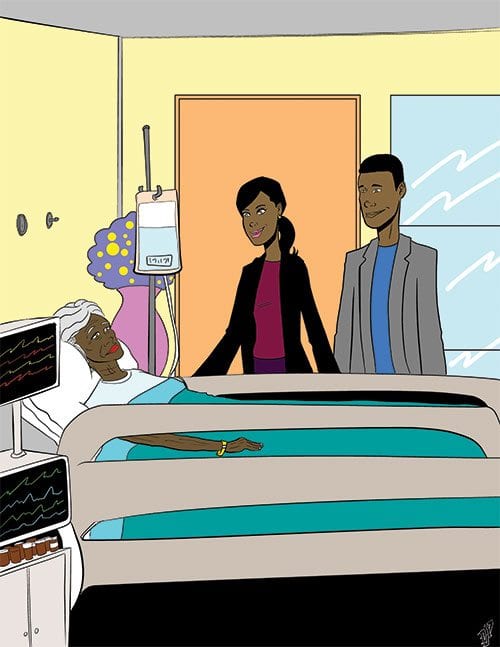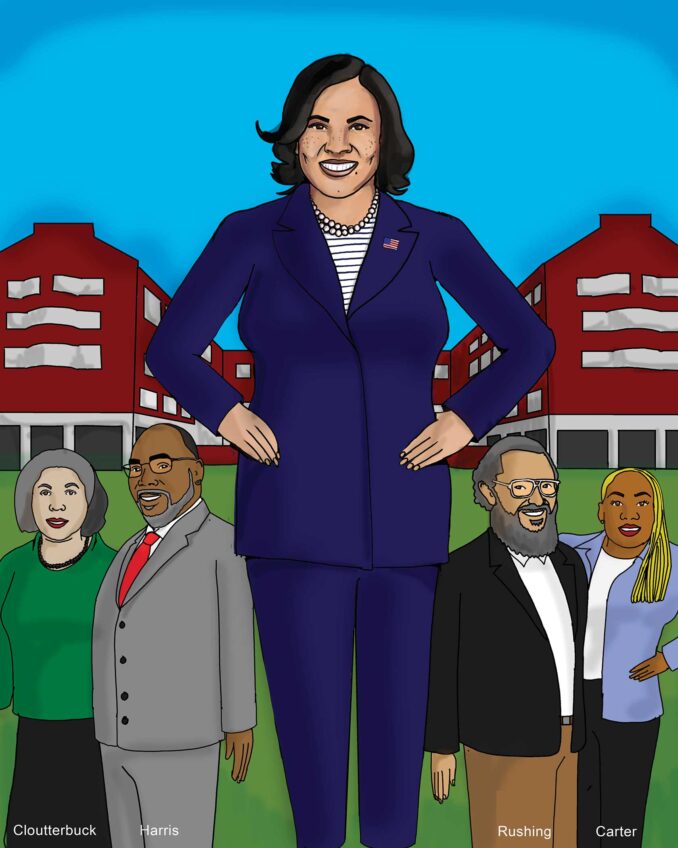
America suffers from the chronic malady of racial prejudice. Consequently, whenever African Americans are involved in unpleasantness or an incident of inequality, there is an assumption that racial discrimination is involved. The Boston Globe series on racism in Boston asserts that racial discrimination denies blacks adequate medical attention in Boston. However, the evidence in the article fails to establish that point of view persuasively.
Medical care for African Americans and the poor is substandard in so many other places that it is relatively easy to conclude that blacks are among those that have poor health care. An estimated 55 percent of the country’s black population lives in the South. All of the states of the Old Confederacy, except for Arkansas and Louisiana, have not agreed to expanded Medicaid.
According to the U.S. Census Bureau, there are 105 southern counties with a black population of 50 percent or more. As might be expected, citizens from these red state environments might be unfamiliar with the personal involvement necessary for good health care. For the past five years, the Bay State Banner has published a quarterly magazine “Be Healthy,” to provide essential health information to Boston residents.
Reports of the Boston Public Health Commission indicate that black residents now avail themselves of Boston’s extensive health resources. Blacks are getting the rates of mammography screenings, pap tests and colonoscopies that are equivalent to, if not higher than other racial and ethnic groups. This indicates the general availability of medical care.
The first test of a medical system is its accessibility. A pattern of neighborhood health centers serve as the point of entry to the system. Primary care physicians are available within walking distance from many homes. Three major community health centers in black areas are Dimock, Codman Square and Whittier Street. Of course there are several others that residents can utilize if they are more convenient.
Most health centers have liaisons with hospitals, which also provide some financial support. This relationship simplifies hospitalization when more serious illness requires. There are a number of highly individualistic considerations that determine which hospital a patient chooses. The Globe series made it appear that Boston Medical Center was somehow a substandard medical facility, primarily used by poor blacks.
The fact is that the BMC is a first-rate teaching hospital, created in 1996 by the merger of the Boston University Medical Center Hospital that was established in 1874 and Boston City Hospital, the nation’s first municipal hospital. A major reason for the merger was to unite two adjacent facilities to eliminate the appearance of two standards of health care, side by side.
The quality of Boston hospitals is audited by the Massachusetts Health & Hospital Association to compare their performance against national standards. Every hospital is assessed, and BMC continually meets and exceeds high quality standards.
Perhaps the Globe series reveals an unfortunate aspect of continuing racial conflict. Somehow the mere presence of African Americans in substantial numbers can cause a decline in the value or status of an institution.






